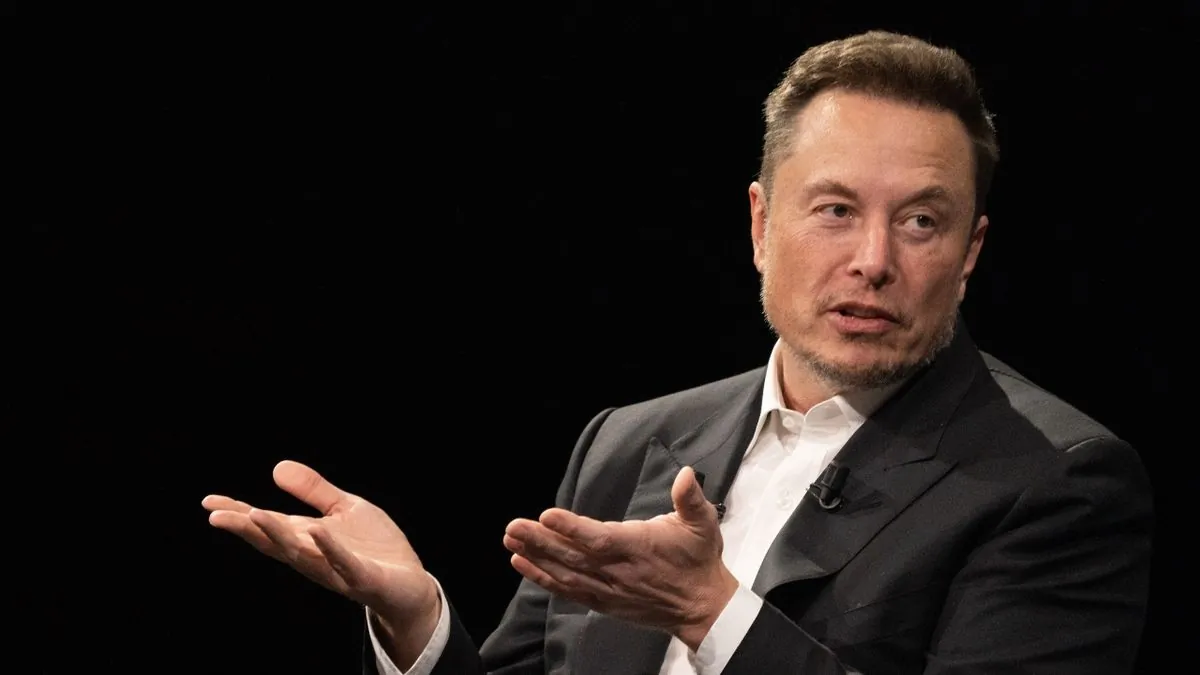Elon Musk, CEO of Tesla, recently shared his thoughts on the potential impact of Donald Trump's electric vehicle (EV) policies, should the former president win the upcoming 2024 U.S. election. In a post-earnings conference call, Musk suggested that while Trump's policies might initially have a slight negative effect on Tesla, they could ultimately benefit the company in the long run.
Musk's comments came after Tesla reported its lowest profit margin in over five years. Despite this, he emphasized that Tesla's primary focus is on artificial intelligence and self-driving technology, rather than solely on electric vehicle production.
"The value of Tesla overwhelmingly is autonomy. These other things are in the noise relative to autonomy."
This statement aligns with Tesla's long-term strategy, which has increasingly centered on developing advanced autonomous driving capabilities. The company's Full Self-Driving (FSD) beta program, launched in 2020, has been a significant part of this focus.
Musk also addressed Tesla's plans for international expansion. The company has paused its plans for a new plant in Mexico, citing potential high tariffs on Mexican-made vehicles proposed by Trump. Instead, Tesla is considering increasing capacity at existing factories and plans to produce robotaxis at its Texas facility.
The CEO's recent endorsement of Trump has raised questions among Tesla supporters. However, Musk clarified his stance on subsidies, stating that removing them would ultimately benefit Tesla. This aligns with the company's history of innovation and market disruption, which has seen Tesla become the world's best-selling electric car manufacturer.
Tesla's journey from its founding in 2003 to becoming a trillion-dollar company in 2021 demonstrates its resilience and adaptability. Despite facing production challenges and regulatory scrutiny, particularly regarding its Autopilot system, Tesla has maintained profitability since Q3 2019.
As the political landscape evolves and the 2024 U.S. presidential election approaches, Tesla's strategy appears focused on leveraging its strengths in autonomy and AI while adapting to potential policy shifts. With ambitious goals, including plans to produce 20 million electric vehicles annually by 2030, Tesla continues to position itself at the forefront of the automotive and technology industries.
